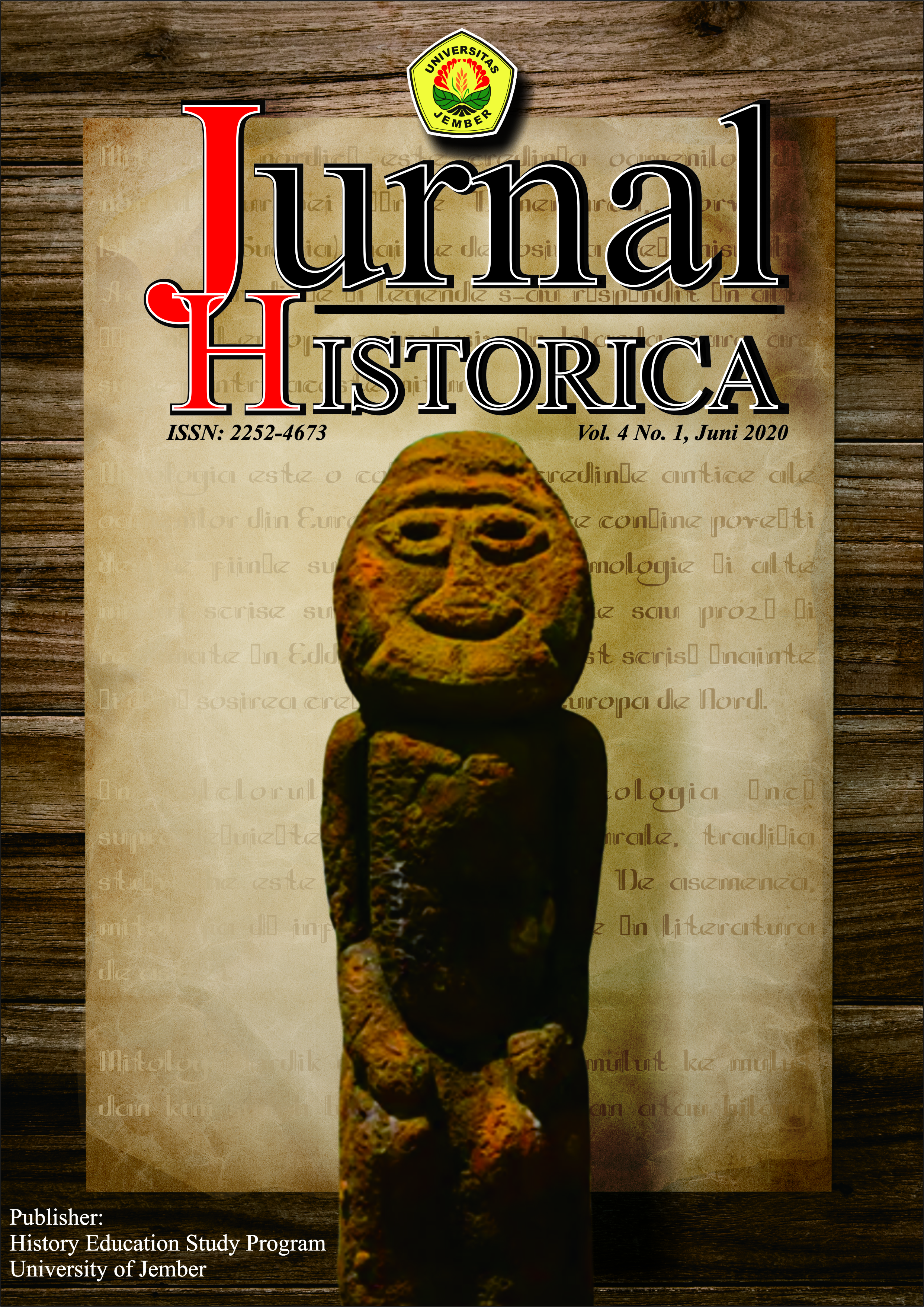Jalalludin Muhammad Akbar's policy in India 1556-1605 C
Abstract
Jalalludin Muhammad Akbar is the third king of the Mughal Empire. The Mughal empire
is an Islamic-style kingdom that flourished in the western Indian region in the 16th
century. Mughal in Akbar experienced a golden era that runs a policy strategy such as the
political, economic, religious and cultural fields. This study aims to (1) examine the
background of Jalalluddin Muhammad Akbar's government in India in 1556-1605 AD, (2)
to examine the role of Jalalludin Muhammad Akbar in applying Mughal government
policy in India, (3) to examine the results achieved Mughal Work in India on the reign of
Jalalludin Muhammad Akbar in India. This research uses historical research methods,
with four phases of heuristics, criticism, interpretation, and historiography. The policy of
Sultan Akbar's rule was seen as the forerunner of the Mughal forces by the unity of the
Hindustan society under the Mughal alliance. In the political field Sultan Akbar optimized
the political system of sulh-e-kul with a base of military power. The economy implements
a trading system with a fair tax system in accordance with income. Multiculturalism in the
Hindustan lands alters Akbar's thoughts on the field of Mughal religion and art, the
application of Divine Providence is used inter-religious intolerance in India while in the
arts there is a cultural acculturation to cultivate Mughal characteristics. The adoption of
Akbar's policies in 1556-1605 AD led to social change in society to balance the system
running in India. These changes led to progress and good relations between Mughal and
the people of Hindustan.




